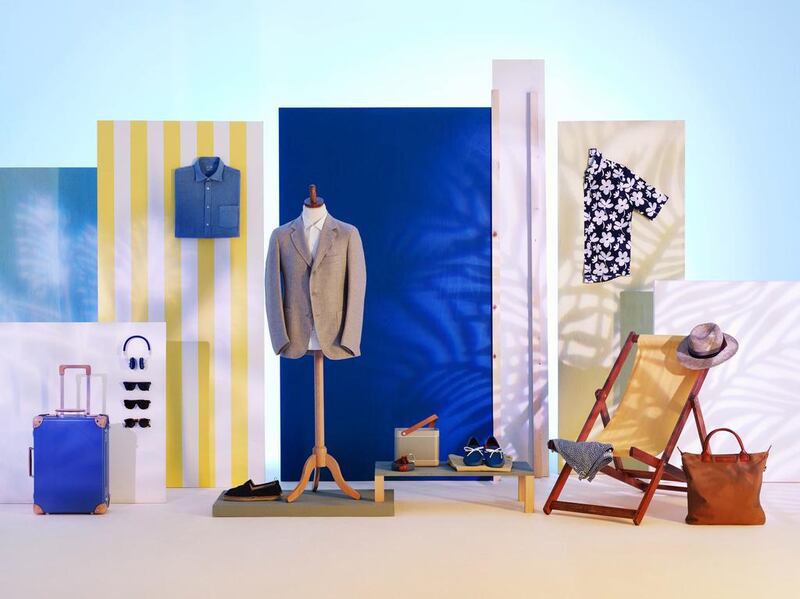The cousin of the phenomenally successful Net-a-porter site for women, Mr Porter launched the largest-ever online shopping website dedicated purely to men’s luxury goods in 2012.
The concept was simple: by tapping into the male shopping psyche, Mr Porter cleverly took out the middleman, figuring that men prefer a quicker, more directional handheld experience. In short, what was created was a consumer mousetrap for men who don’t like to shop.
Interestingly, according to a 2011 study conducted by the digital marketing agency iProspect, nearly three quarters of affluent men preferred to do their shopping research and purchases online, and just over a quarter of those candidates made weekly purchases.
Of course, convenience is at the forefront of the consumer’s shift to online, but what are the other factors contributing to the continuing thirst?
“One of the major factors is that men don’t seem to like asking questions when in-store. They would far rather search for something than be directed by a store assistant. Online, they can look up information and no one knows they are doing this. They are not being hassled into making a quick decision. For most men this is a win-win scenario,” says Ian Tansley (pictured), the managing director of Mr Porter.
Generally speaking, men aren’t comfortable with the word fashion and they do not tend to shop impulsively. Although, perhaps due to the increased levels of information and opinion readily available, they are taking an increased level of interest in appearance. “Men’s blogs have provided an open forum for global style, allowing us a snapshot of what men are wearing, whether in Florence or Mumbai. This has been part of the broader trend, where we access information on the internet, which in turn has led to people feeling confident to shop online,” says Tansley.
It is, no doubt, an exciting time for retail – our lives are fast becoming more mobile, due to dedicated apps, faster mobile speeds, widespread Wi-Fi and the trend towards larger mobile screens, which in turn allows us to spend large amounts of money directly from our phones.
“We are all time sensitive and the beauty of technology and the internet means that we can shop when we want, wherever we are, at a convenient moment,” says Tansley, “We have ensured that Mr Porter is optimised across all platforms so that each site visit, whether via tablet device, smartphone or laptop, is a seamless experience.”
With menswear, however, things are less trend-driven, so it really all boils down to the right proportions, and learning your body type and what suits it best. But how do men do that without trying something on?
“To help customers we have really focused on giving honest size and fit information – from whether something fits small or large through to identifying the ‘drop’ of the suits [referring, of course, to the difference between the chest and waist measurements on the jackets and trousers in the suit],” explains Tansley. “This size and fit guidance has proven to work. Another thing that has helped online shopping for suits is the “naming” of suit blocks. Many designers now attribute names to the different shapes of the suits they sell and this is helpful as a reference for future purchases – if a man buys a Hyde from Richard James or a Brera from Gucci then he will look out for the same style of suit the following season and be able to shop again, confident that he will like the fit.”
As with everything virtual, Mr Porter must continue to adapt to its consumer – ensuring he keeps coming back for more. Tansley confirms that we should “expect to see more personalisation and new innovations such as virtual changing rooms” and, just like that, the barrier between online and in-store shopping will all but disappear.
neldasher@thenational.ae





